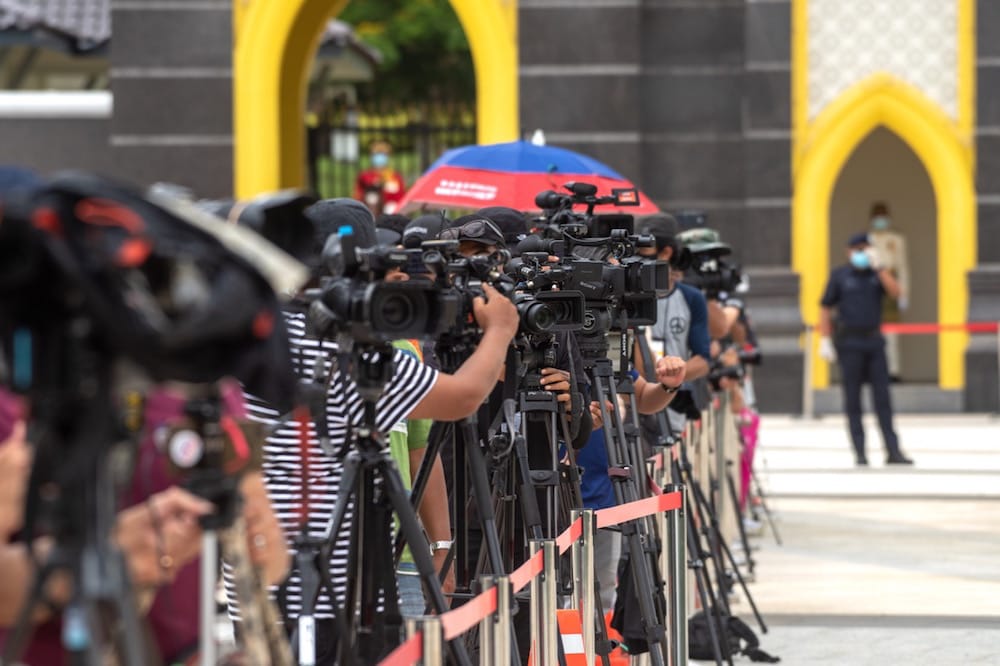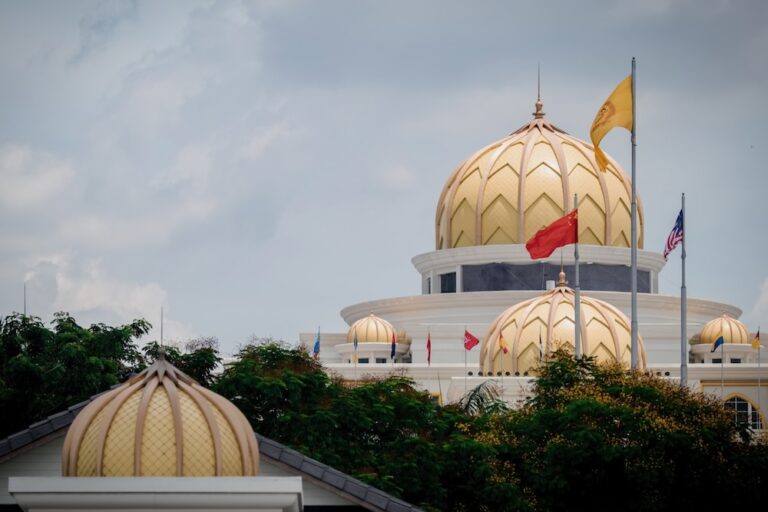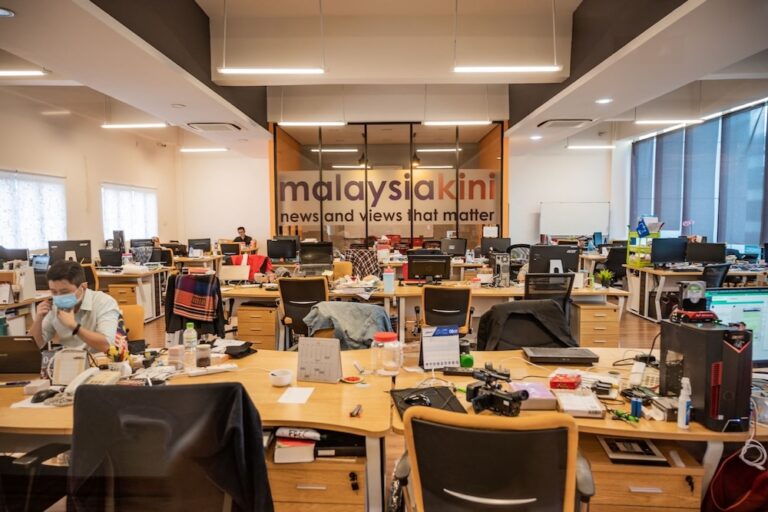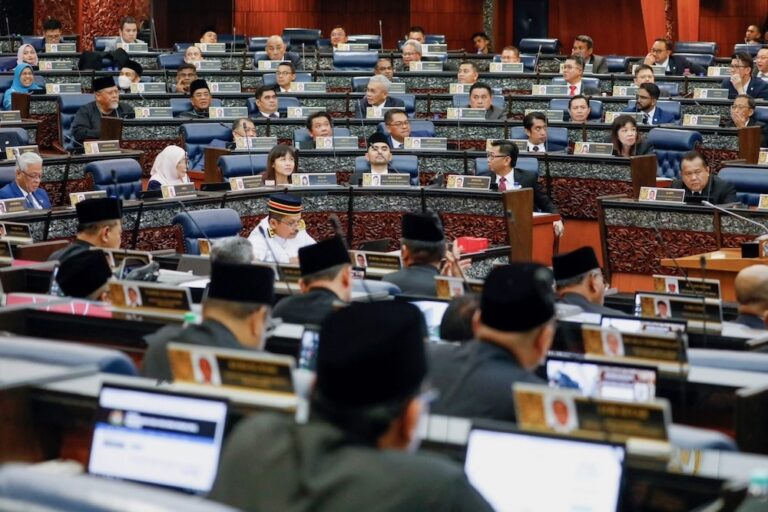Instead of using repressive laws to silence critics, the Centre for Independent Journalism urged the Malaysian government to "create an enabling environment that promotes critical thinking, healthy debates, transparency and accountability from the State."
This statement was originally published on cijmalaysia.net on 27 October 2020.
The Centre for Independent Journalism (CIJ) strongly condemns Bukit Aman’s decision to investigate individuals over “potentially seditious” social media postings they allegedly made in response to recent events. We consider the ongoing police probes an infringement on freedom of expression and speech as well as our right to dissent and present opposing views. We call for these investigations to be dropped at once!
According to a statement by Bukit Aman Criminal Investigation Department Director Huzir Mohamed today, the police are probing four social media posts by four individuals (Ronnie Liu Tan Khiew, “Uncle Ireeve“, Liew Lip Nan and Ho Ruey Terng) for sedition against the Yang di-Pertuan Agong [referring to His Majesty Sultan Abdullah]. Investigations have been opened under Section 233 of the Communications and Multimedia Act (CMA) and Section 4(1) of the Sedition Act. So far, one man has been arrested in connection to the probes.
Freedom of speech and expression is clearly enshrined under international human rights law, including the Universal Declaration of Human Rights, and in Article 10 of the Malaysian Federal Constitution. These norms and freedoms underpin the fundamental right to seek, receive and exchange ideas, opinions and information that would enable the public to form their own opinions. This, in turn, allows for dissenting or alternative positions, especially on issues of public interest, as a functioning and healthy democracy.
The use of the Sedition Act and Section 233 of the CMA has been highly criticised as being archaic and repressive in nature as it goes contrary to the promotion of freedom of expression. CIJ reiterates its position that the Sedition Act is an arbitrary law that can be easily abused to silence dissent even when there is no threat whatsoever to public order or national security. While there are some comments that may be interpreted as being insulting or offensive on their own merit, this does not automatically amount to incitement or a threat against national security or public order and thus does not warrant criminal prosecution.
The quick actions of the State’s apparatus in silencing these expressions raises alarm bells for a functioning democratic system that should be promoting critical thinking and debates on various matters and positions. A disproportionate response in the criminalisation of expression can be counter-productive as it could shut down public discourse that is crucial in upholding fundamental principles of human rights and democracy!
To that end, we call on the government and its other State apparatus, to:
- End and refrain from the continued use of repressive laws to threaten and silence those exercising their fundamental human rights and halt all related and ongoing investigations;
- Repeal or amend repressive laws such as the Sedition Act and Section 233 of the CMA, so that these laws are not utilised arbitrarily to stifle all manner of speech, and;
- Create an enabling environment that promotes critical thinking, healthy debates, transparency and accountability from the State as well as measures focused on building the people’s trust in the State – not further undermining the peoples’ human rights.
Wathshlah G. Naidu
CIJ Executive Director



